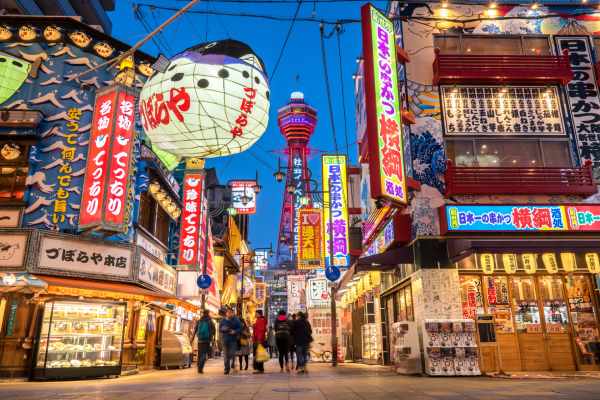Hotel transactions grew in tandem with the uptick in tourism across Asia Pacific in the first half of the year, the latest data and analysis by JLL revealed. Hotel deals jumped 19% YOY to touch $5.7 billion, led by major deals in Japan.
The region is expected to make a rebound with a projected record of $11.6 billion in hotel deals for the full year, driven by robust investor interest for Japan. The country’s total hotel investment volume is expected to touch $54 billion.
Markets like India, South Korea and Thailand are expected to see the highest annual growth. If realized, this will represent a 2% YOY growth for the region, establishing Asia Pacific’s return to pre-pandemic transaction levels, JLL said in its study.
Tourism across Asia Pacific has been improving, as air travel resumed and seat capacity to destinations across the region recovers, observed Nihat Ercan, CEO, Asia Pacific, Hotels & Hospitality, JLL. Japan has been a standout market for investors, boosted by strong tourism fundaments, low-interest rate environment, a weaker Yen and a shift of focus of Japanese REITs from office to hotels, pushing values much above pre-pandemic levels, Ercan said.

The next 12 months will see compelling opportunities for hotel investment in Asia Pacific, as hotel performance continues to improve in key markets. Hotel investment activity will be further accelerated by factors such as impending debt maturity, available dry powder on-hand, rising capex needs and closed-end funds reaching the last stage of their investment lifespan.
As of June, RevPAR in Asia Pacific was 89% of the level seen in the corresponding period in 2019, JLL data revealed. Occupancy levels were falling just 4% compared to 2019. Many countries in the region, including Singapore, Thailand and South Korea, have implemented visa facilitation schemes to drive inbound tourism. The easing of visa norms has encouraged Chinese travelers to visit destinations within the region.
Major concerts and sporting events, such as Taylor Swift’s Eras Tour, Coldplay concerts and the Rugby Sevens in Hong Kong, helped significantly boost tourist arrivals. With Asia Pacific experiencing a strong rebound in tourism by hosting some of the biggest events, JLL anticipates robust hotel investment interest among family offices, corporates and developers.
With hotel investment levels advancing towards a complete recovery, ESG continues to be increasingly important for investors and stakeholders in the region. New metrics announced for the 12th Uniform System of Account for the Lodging Industry mandates hotels to take into account their Energy, Water and Waste expenses, which will ensure further transparency. Public policy and regulation in Asia Pacific continue to transform to offer more guidance to ESG to investors.
“It’s increasingly obvious to investors that not transitioning to ESG principles will result in brown discounts and a stranded asset in a complex future. Conversely, hotels that clearly articulate a commitment to sustainability, wellness, and authenticity will have a competitive advantage in terms of increasing market share and driving higher asset values,” Ercan said. “That said, investors must look towards sustainability as a core component of hotel underwriting and investment decisions, with ESG now being an industry focus.”

